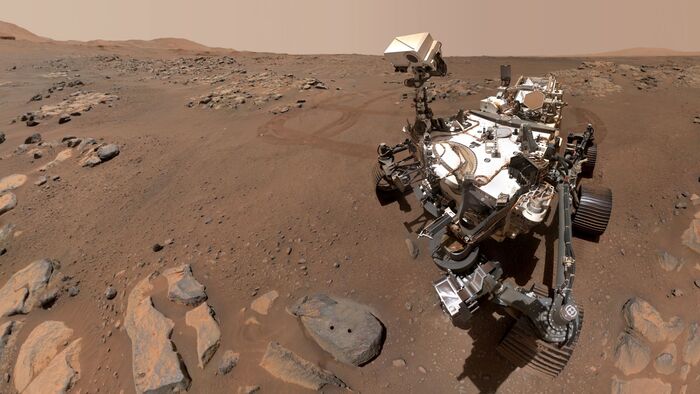NASA scales back one of its most ambitious programs, the Mars Sample Return. The amount allocated is thus reduced from the 11 billion initially foreseen to a figure that could fluctuate between 5 and 7 billion.
The program intended to bring to Earth the first soil samples collected on another planet “remains an important national goal,” says NASA chief administrator Bill Nelson. The head of NASA's Science Mission Directorate, Nicky Fox, also reiterates that "bringing scientifically relevant samples from Mars to Earth is a fundamental priority," says Nelson. The mission will provide fundamental new knowledge about the origins and evolution of Mars, our Solar System, and life on Earth, he adds. The mission is scheduled for 2040, but NASA intends to solicit solutions from the industry that will allow samples to be brought to Earth in 2030 rather than 2040. It will also ask its researchers and technicians to develop a program based on technologies different from those initially considered, says Nelson, and that returns the samples in a reasonable time.

